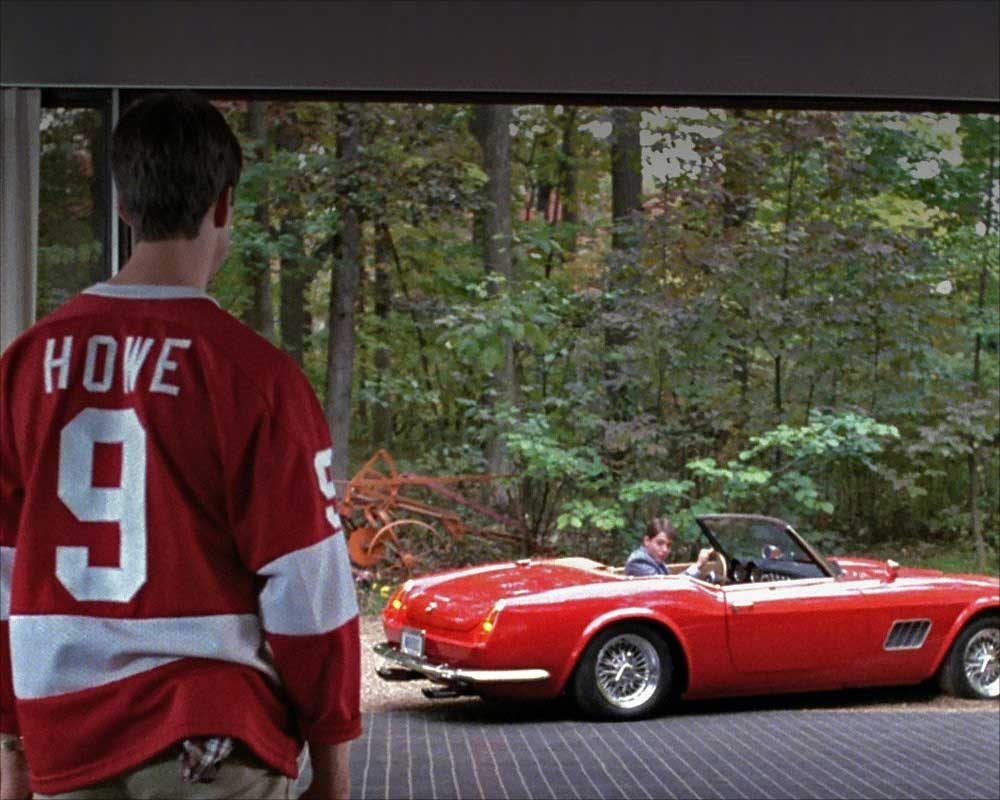Ferris Bueller’s Day Off
Dir. John Hughes
1986
It’s hard to overstate the dominance Ferris Bueller’s Day Off had over the entire rest of the 80s catalog growing up in the northwest suburbs of Chicago. Sick days, substitute teachers, pizza parties, Von Steuben Day Parade, school field trips to the Art Institute, this was as constant a companion as The Indian in the Cupboard or Newsies. I went to a talent show at Glenbrook North with a friend back in high school, and they were still constantly referencing Ferris in 2010. One of my mom’s OTs claimed he was “the guy who did the flip” during the “Twist & Shout” sequence.
Until Mean Girls and Fall Out Boy, Ferris was our pop culture representation. And, frankly, he probably still overshadows either one when it comes to relating to one another. We love the Art Institute – we love Wrigley – we love our sausage and want it to overshadow any fine dining establishments we might have in the city. We don’t have an entire city of women as hot as Jennifer Grey and Mia Sara, but we celebrate those women where they exist.
Scolds have given this film something of a beating, insisting Ferris is a bad person. This line of criticism is noxious to begin with (Ferris is my friend!,) but it also misunderstands Ferris’s dramatic function. Ferris isn’t an audience cipher or a real person – he’s Bugs Bunny, set loose in a Looney Toon with Alan Ruck’s sad sack Cameron and the Fuddian Dean Rooney. If he’s aspirational, he’s aspirational the way a cryptid is aspirational. God forbid we have a little fun in this world.
I actually do think this is misunderstood partly because of other John Hughes films like The Breakfast Club or Planes, Trains & Automobiles, which are more humanistic approaches with deeply flawed characters. Hughes set out to make a hypercapable character who can handle anything who comes his way. He comes across as a funny sociopath, but he also really loves Sloane and Cameron. I love the guy. I wish I had that spark. The film teaches you how to watch it, too – it makes space for people who can’t stand Ferris from the start and then asks you what harm he’s really doing.
This film also employs one of Hollywood’s greatest cinematographers of all time, Tak Fujimoto. Fujimoto’s first credits include Terence Malick’s Badlands, exploitation greats like Switchblade Sisters and Death Race 2000, and the original Star Wars – he became famous for his collaborations with Jonathan Demme on films like The Silence of the Lambs and Philadelphia and his later work with M. Night Shyamalan on The Sixth Sense and Signs. There is an incredible tactility to Fujimoto’s choice of lighting and lensing in every shot of this film, and the framing he chooses to match Hughes’ blocking makes the Art Institute sequence one of the most beautiful in film history. A moment like Cameron looking at Seurat’s A Sunday on La Grande Jette is, for my money, an instant admission to the all time hall of fame.
Ferris Bueller’s Day Off is a home for me. I have so many memories both of watching the film itself and of being in the places it depicts. I remember old friends and their families. Revisiting it always brings me a lot of joy, and I get the stupid “Oh Yeah” Yello song stuck in my head every time. If someone asked me if I wanted to get some Portillo’s and throw it on this minute, I’d do it in a heartbeat. Sounds like a great afternoon.
